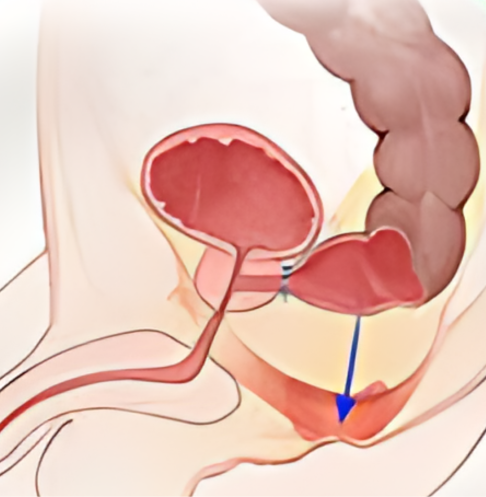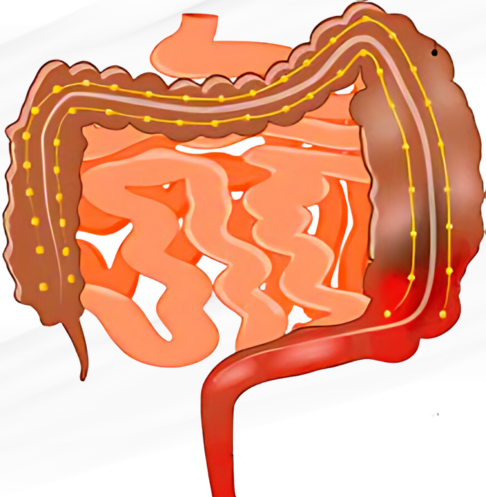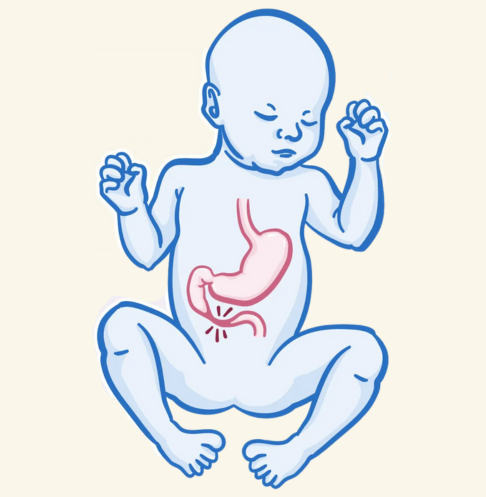Neonatal Surgeries

Anorectal Malformation
Anorectal malformation (ARM) is a congenital condition where the anus and rectum do not form correctly. This can cause issues such as obstruction and bowel movement difficulties. ARM varies in severity and may involve other organ systems. Diagnosis is typically made at birth, and treatment usually requires surgery to correct the defect, with multiple procedures often needed as the child grows. Early intervention is essential for better outcomes.

Hirschsprung's Disease
Hirschsprung’s disease is a congenital condition where nerve cells are absent in part of the colon, causing severe constipation or blockage. Symptoms typically appear in newborns and include abdominal distension and vomiting. Diagnosis is confirmed via a rectal biopsy, and treatment usually involves surgery to remove the affected segment of the colon, allowing for normal bowel function. Early intervention is essential to prevent complications.

Small Bowel Atresia
Small bowel atresia is a congenital condition where a part of the small intestine is absent or blocked, causing intestinal obstruction. Symptoms in newborns include vomiting and abdominal distension. Diagnosis is made through imaging and clinical evaluation. Treatment requires surgery to remove the affected segment and reconnect the intestine. Early intervention is vital for positive outcomes.